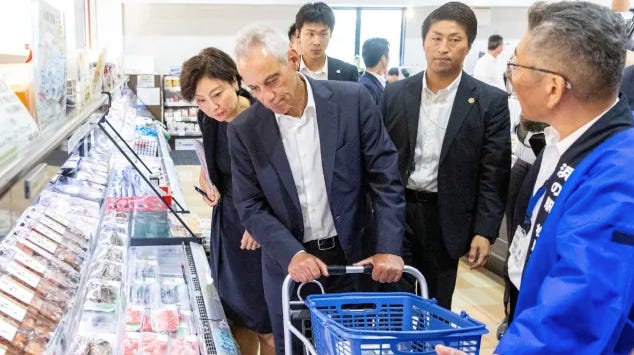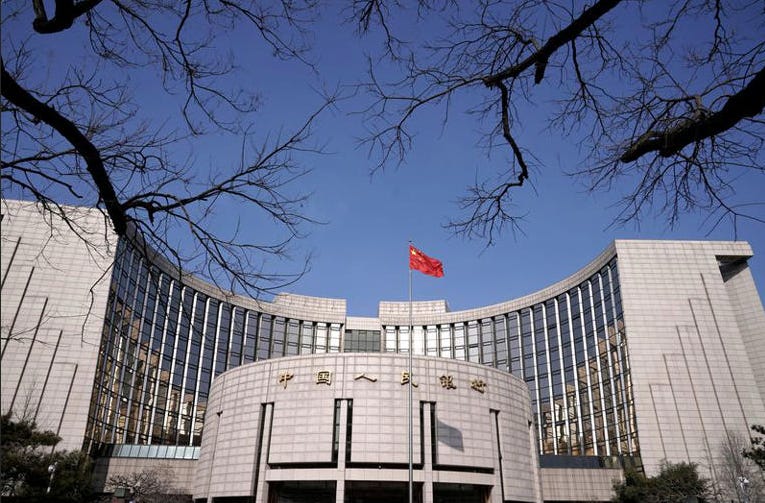US, Indonesia hold military drills in Java
Ahead of upcoming Asia summit meetings, the UK and France join 'Garuda Shield' exercise for first time.
The United States, Indonesia and five other nations are holding expanded training exercises with 5,000 troops on Indonesia’s main island of Java today through the weekend.
United Kingdom and French forces are participating in live fire ‘Super Garuda Shield’ drills for the first time this year, adding to forces from Australia, Japan and Singapore which joined the drills last year.
Brunei, Brazil, Canada, Germany, India, Malaysia, Netherlands, New Zealand, Papua New Guinea, Philippines, South Korea, and East Timor also sent observers to the two-week exercises in Baluran, a coastal town in East Java province, according to the Associated Press.
US Army General Charles Flynn said the 19 nations involved in the training are a powerful demonstration of multilateral solidarity to safeguard a free and open Indo-Pacific region. The US has been building alliances in the Indo-Pacific to counter China’s rising military power, threats against Taiwan and aggression in the South China Sea.
Training includes academic exchanges, professional workshops, a command-and-control simulation, an amphibious exercise, airborne operations, an airfield seizure exercise, and a combined joint field training that culminates with a live fire event, according to the US military.
American and Indonesian troops have held annual live-fire drills under a joint defense cooperation pact since 2009.
Vice President Kamala Harris will travel to Jakarta next week, September 4th to 7th, for the upcoming ASEAN summit and discussions on food and energy stability and regional economic concerns. (ASEAN stands for the Association of Southeast Asian Nations. In addition to Indonesia, it includes Brunei, Cambodia, Laos, Malaysia, the Philippines, Singapore, Thailand and Vietnam.)
President Joe Biden will attend the G20 Summit in New Delhi, India, on September 9th and 10th before traveling to Hanoi for a key meeting with Vietnam’s leaders. China President Xi Jinping does not plan to attend the G20 meetings, according to reports. Premier Li Qiang was expected to represent Beijing at the G20 meeting.
PBOC boosts yuan, eases home buying
China's central bank will cut the amount of foreign exchange reserves that financial institutions must hold in a regulatory move aimed at slowing the pace of the yuan’s recent slide, Reuters reported from Shanghai.
The People's Bank of China said it would cut the foreign exchange reserve requirement ratio by 2 percentage points from 6 percent down to 4 percent beginning in mid-September.
That would effectively free up $16.4 billion worth of foreign exchange with China's foreign exchange deposits standing at $821.8 billion at the end of July, Reuters calculated.
China’s currency bounced in both onshore and offshore trade to three-week highs after the news. The onshore yuan surged to a high of 7.2360 per US dollar in early Asian trading on Friday, the strongest level since August 11, according to reports.
Ken Cheung, chief Asian FX strategist at Mizuho Bank in Hong Kong, told Reuters "The cut will gain more policy room for further interest rate cut to stimulate the economy."
The offshore yuan – currency traded outside of China’s markets -- has depreciated about 5 percent against the US dollar so far this year and may be headed to an all-time low in coming months. A recent Bloomberg survey found global investors have little confidence in Beijing’s willingness or ability to stimulate China’s slowing economy.
The PBOC and China’s National Administration of Financial Regulation, in a move help China’s slumping real estate market, announced late Thursday that down payment requirements and rates on mortgages to buy homes would be reduced. The policy adjustments stemmed from a July 24 meeting of the Communist Party’s Politburo on the economy.
Meanwhile, the Caixin/S&P global manufacturing purchasing managers’ index rose to 51 in August, better than an index value of 49.3 analysts had expected, according to a Reuters survey. The increase in the PMI measure suggests China’s manufacturing activity may be expanding.
SE Asia nations dispute China’s map
The Philippines, Malaysia, Taiwan and Vietnam have rejected as baseless a map released by China that denotes claims to sovereignty in the South China Sea and Taiwan, according to Reuters.
China released the map on Monday including islands and waters in the about 90 percent of the South China Sea, claims that were declared illegal in a 2016 arbitral ruling.
The Philippines called on China on Thursday “to act responsibly and abide by its obligations” under international law and Malaysia said it had filed a diplomatic protest over the map.
India complained on Tuesday, lodged a “strong protest” about the depiction of the Indian state of Arunachal Pradesh and the disputed Aksai-Chin plateau as Chinese territory. Indian and Chinese troops in past have clashed along the disputed border between the two countries.
President Xi and India Prime Minister Narendra Modi met in South Africa last week on the side lines of the BRICS summit to discuss resolving the border issue.
“India and China do take every opportunity to hash out their differences, but it feels like one step forward, two steps back,” Akhil Ramesh, a senior fellow at the Pacific Forum in Honolulu, told CNN.
“In this climate, while both sides may publicly express their interest in easing tensions, I do not see this happening. Both countries are working toward their own goals of being leaders of the global south,” Ramesh said.
Rahm eats Fukushima fish
Rahm Emanuel, the US ambassador to Japan, visited Fukushima on Thursday and had a seafood lunch with the mayor, talked to fishermen and stocked up on local produce to show they are safe, according to ABC News.

China has criticized Japan’s release into the Pacific of treated radioactive wastewater from the Fukushima Daichi nuclear power plant which was damaged by a tsunami in 2011. Emanuel called China’s ban on seafood from Japan “political.”
The US Ambassador ate flounder and sea bass sashimi with Soma Mayor Hidekiyo Tachiya, talked with local fishermen, and visited a grocery store where he sampled fruits and bought peaches, figs, grapes, flounder, sea bass and other produce from Fukushima prefecture, according to ABC.
His purchases will be served when his children visit him this weekend, Emanuel said in a telephone interview from his train back to Tokyo. “We are going to all eat it. As a father, if I thought if there is a problem, I won’t serve it."





